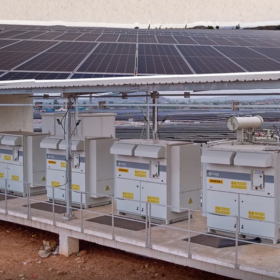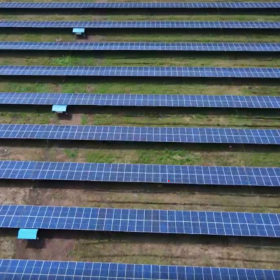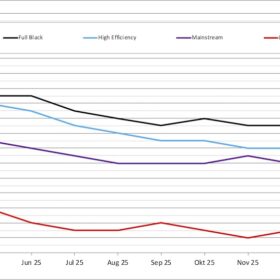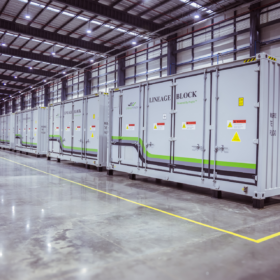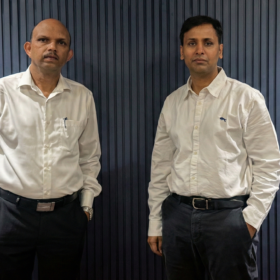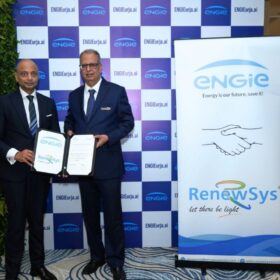FOB China TOPCon solar cell prices hold steady as market awaits post-holiday reassessment
In a new weekly update for pv magazine, OPIS, a Dow Jones company, provides a quick look at the main price trends in the global PV industry.
India expected to install about 42.5 GW of new solar capacity in 2026: JMK Research
India installed around 37.8 GW of solar capacity in CY2025. This comprised about 28.6 GW of new utility-scale solar, a 54.6% increase from 2024, and 7.9 GW of rooftop solar, up 72% year on year. Off-grid additions stood at 1.35 GW, compared to 1.48 GW in 2024.
India installs 7.1 GW of rooftop solar in 2025, up 122% YoY
Residential consumers accounted for 76% of rooftop solar capacity additions in 2025, driven by the PM Surya Ghar: Muft Bijli Yojana program.
Solar manufacturers downplay impact of US countervailing duties
Leading solar manufacturers say proposed US countervailing duties on Indian solar cells and modules are unlikely to materially impact their businesses.
Enerparc launches power trading arm in India
Enerparc has announced the launch of Enerparc Power Trading Pvt Ltd, expanding its presence in India beyond renewable energy generation to power trading and market access segment.
Solar module prices rise faster than expected in February
Solar module prices increased by €0.01 ($ 0.012)/W to €0.015/W in February, lifting levels 15% to 18% above the December 2024 low despite falling wafer costs, as manufacturers seek to restore margins after prolonged losses.
Pace Digitek secures INR 1,587 million telecom battery order from Reliance Industries Ltd
Pace Digitek Ltd’s arm Lineage Power has received an order from Reliance Industries Ltd for the supply of high-capacity lithium-ion battery packs. Under the agreement, Lineage Power will manufacture and supply 50,000 units of 48V 15S1P 314Ah Lithium-Ion battery packs to provide backup power for telecom loads.
Suzlon strengthens leadership to support full-stack renewable expansion
Suzlon has formed a Group Executive Council (GEC), elevated JP Chalasani to the GEC, and appointed a new group CEO to drive its business transformation from a wind energy solutions provider to a full-stack renewable energy solutions conglomerate.
Hycosys raises $1 million from MGF Kavachh to develop hydrogen-compatible micro gas turbines
The seed round will aid in accelerating system integration, pilot deployments, and fuel the commercialisation roadmap of the Hycosys’ indigenous hydrogen-compatible micro gas turbine platform with applications across distributed power, aerospace and mobility.
Inside the PV recycling black box
How PV modules are treated at the end of their life is an increasingly important issue, but some recycling practices leave a lot to be desired. Scott Azevedo from Intertek CEA explores how asking the right questions, paying closer attention to end-of-life treatment, and steering volume toward good recyclers can have positive long-term consequences for the solar industry.

